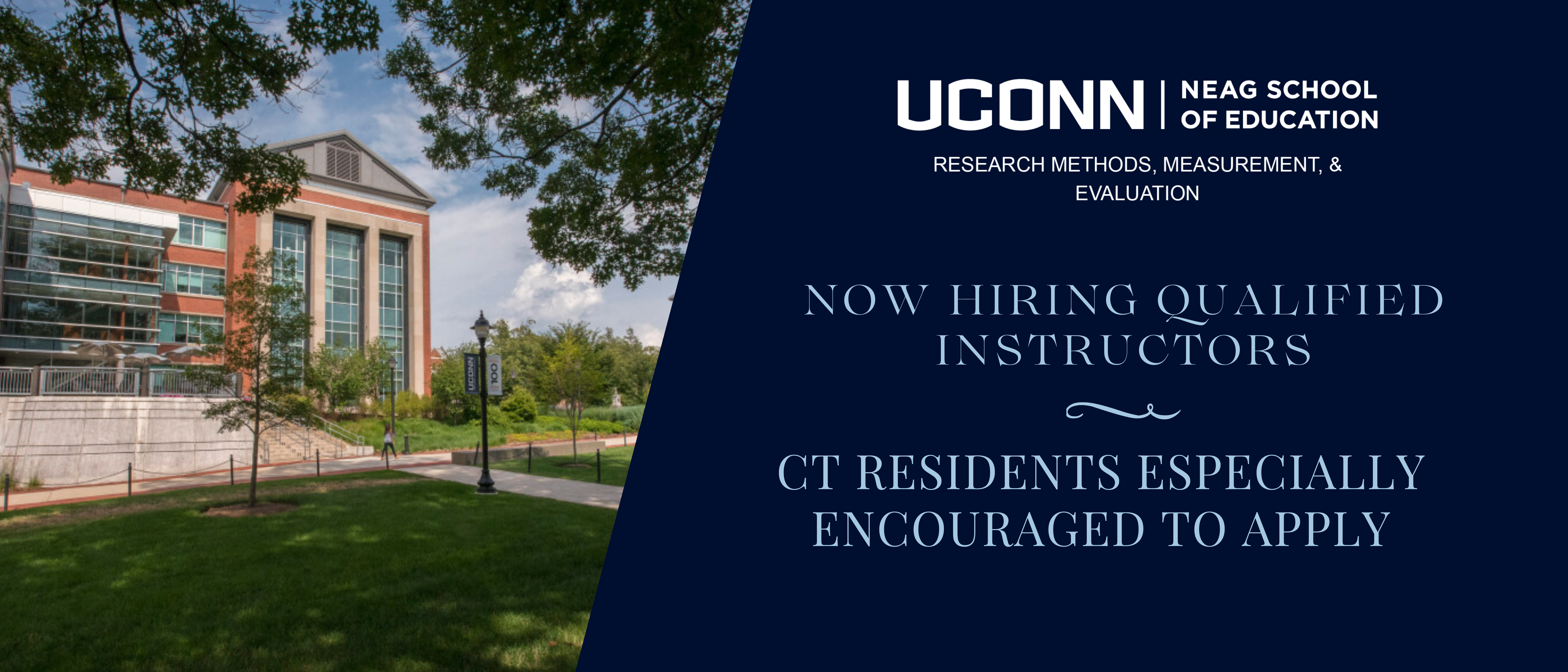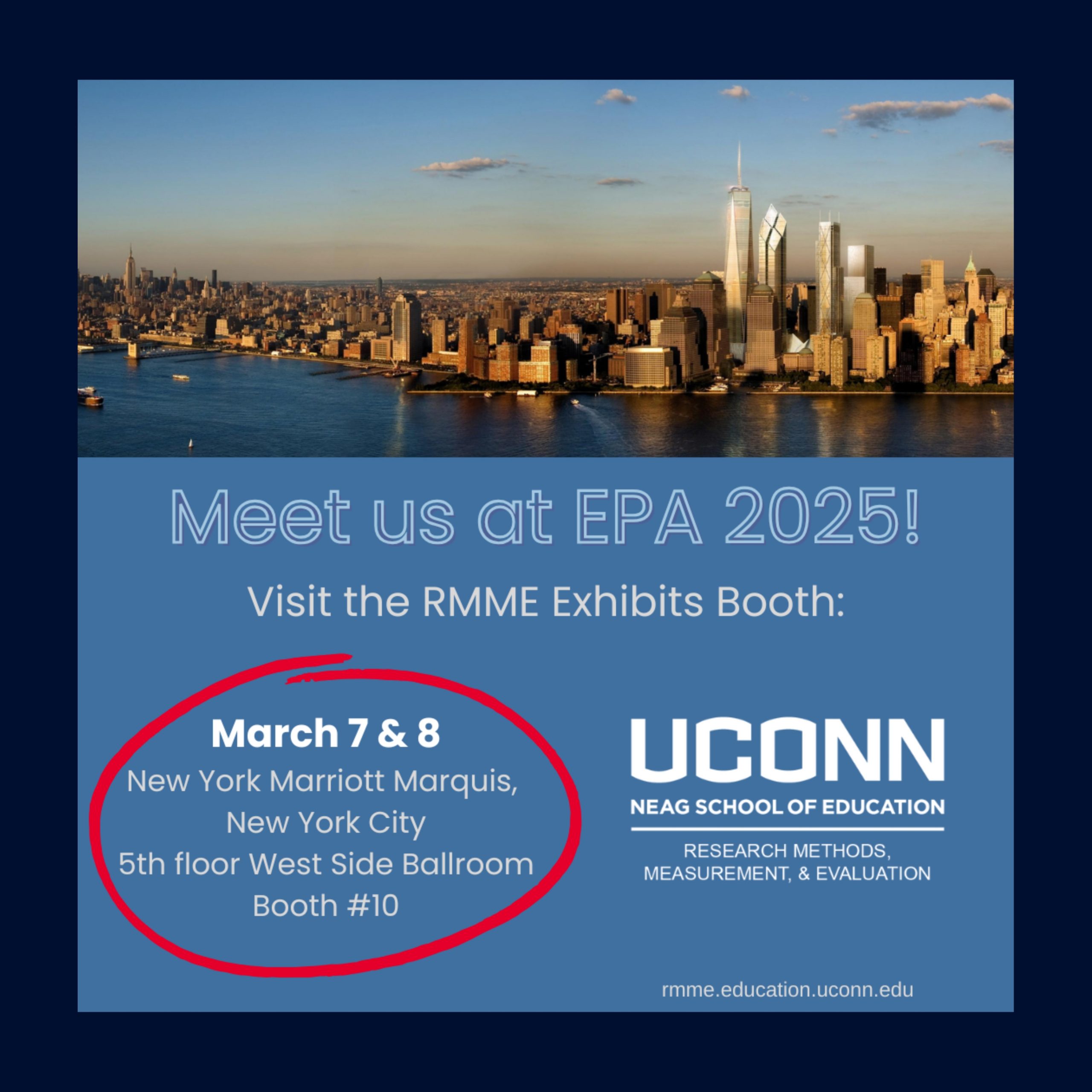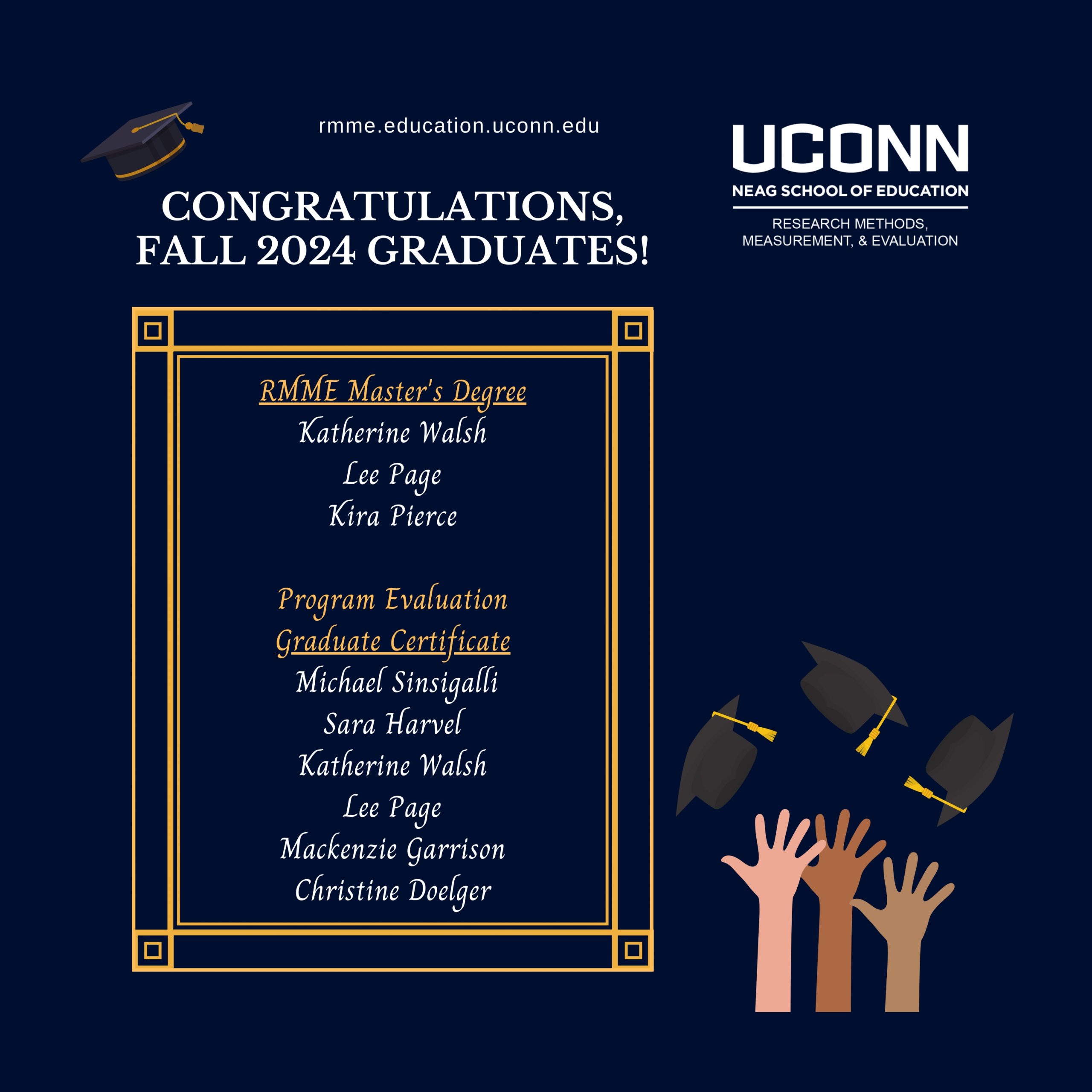The Rhode Island Society for Technology in Education (RISTE), jointly with the Rhode Island Science Teachers Association (RISTA) and the Rhode Island Math Teachers Association (RIMTA), are hosting STEM Super Saturday! This annual event for educators will take place at the Rhode Island Nursing Education Center, in Providence, RI, on January 11, 2025.
UConn’s RMME Programs are thrilled to participate in, and support the event, by hosting an exhibits booth for attendees! So, if you will be there, be sure to stop by for an opportunity to chat personally with Dr. Sarah D. Newton, the Associate Director of RMME Online Programs! We cannot wait to see you there!



